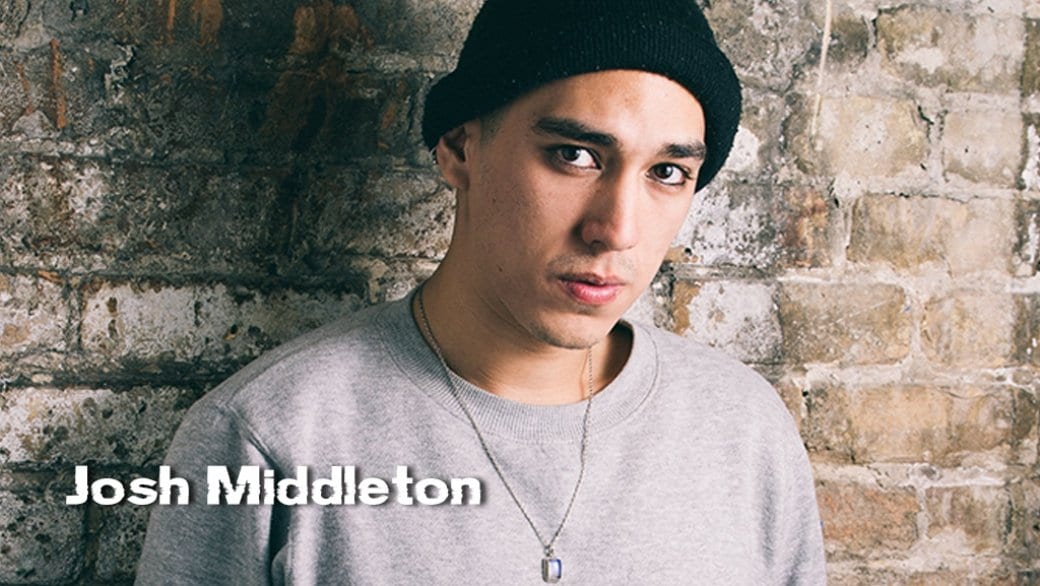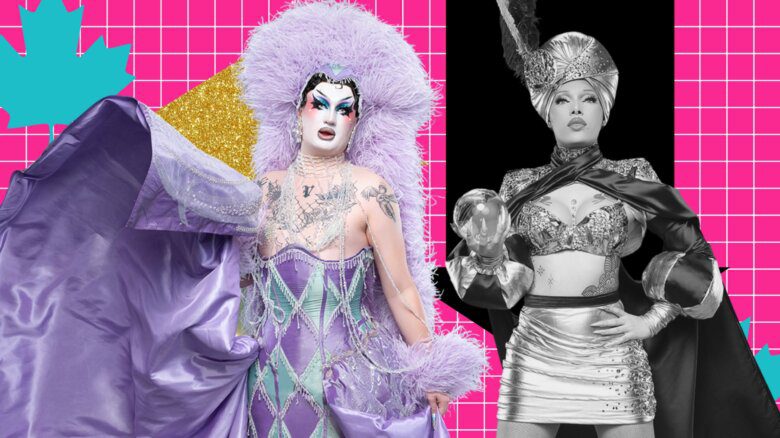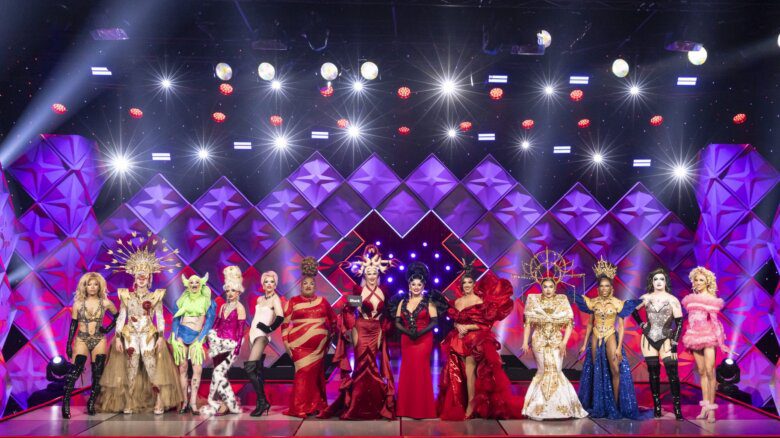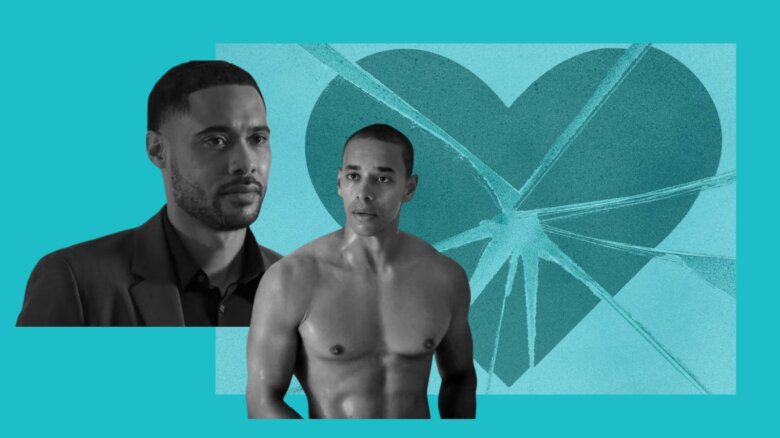A graduate of the music theatre program at the Etobicoke School for the Arts, Joshua Middleton’s project will be the first show of its kind developed through the emerging creators program. Written for two male actors, his piece Max takes on themes of intimacy, taboo relationships, and neo-masculinity.
Daily Xtra caught up with Middleton to chat about the shifting format of the program, having straight friends, and unpacking masculinity in a queer context.
Daily Xtra: Until now, the program has only been for solo creator-performers. Did you ever imagine the program would change to let an artist working the way you do be part of it?
Joshua Middleton: I had never considered applying before because I had no idea what to expect. The artists I know who’ve gone through, including Katie Sly and Sina Gilani, suggested I apply but I didn’t have any material to present and I didn’t know where to start. I definitely wanted to submit with a play because I’d been writing one for a year, telling people I was going to somehow showcase it for Rhubarb. But I didn’t know when I was going to have it finished or when I’d present it. The program in its current form is extremely important to me because it allows me to further explore the medium of theatre. To be able to work alongside directors, but not have an input is one thing. But to create a queer play, direct it, stage it, and critique it in weekly sessions with a creative troupe is another.
Why did you want to create a piece with multiple actors, as opposed to exploring these issues in a solo show?
Sometimes an artist can’t engender a moment in their story on their own. My play focuses on the importance of dialogue shared by two characters who also share moments I want the audience to focus on. If I limited the script to make it a one-person play it would substantially affect how the audience views the show. Having two persons on stage, playing highly distinguishable, relatable characters, would result in the audience identifying with both characters as opposed to being conflicted by focusing on one character playing two parts.
You’re interested in exploring neo-masculinity as part of this piece (a term adopted by douchebag extraordinaire blogger Roosh V to describe a return to traditional, patriarchal definitions of manhood). Why explore this subject in a queer context?
As a 21-year-old bisexual cisgender male, I’m still often confused about what constitutes being a man. What does it even mean to be a queer man? Since it’s a gendered quality, it’s culturally imposed and so this makes me think of my past social experiences with heteronormative guy friends. The one thing I could never do with them was express queer interests; things like musicals, reading erotica, painting, styling myself, collecting plants and daydreaming of being intimately engaged with another man. So, to me, neo-masculinity represents all these hidden gems of my own character that I would have to hide from time to time. In a queer context, I want to redefine masculinity and have the characters in my play be able to share moments where they are not inhibited by each other, but at the same time create the challenge of making the characters get to that point.
<Find out more about Buddies’ Emerging Creators Unit
Max
Friday, Feb 19–Saturday, Feb 20, 2016
Buddies in Bad Times Theatre, 12 Alexander St, Toronto
buddiesinbadtimes.com


 Why you can trust Xtra
Why you can trust Xtra


